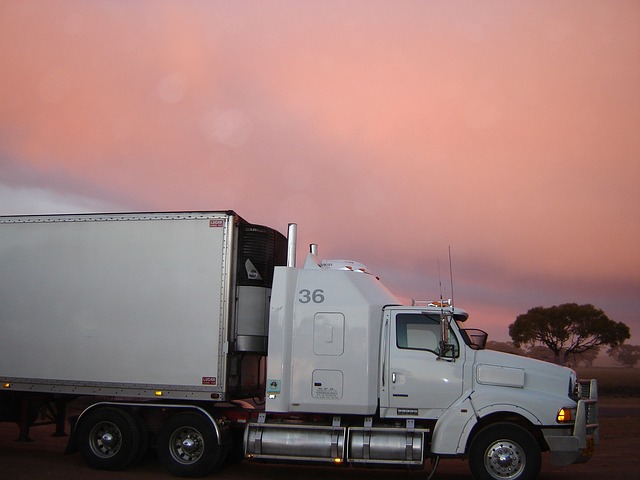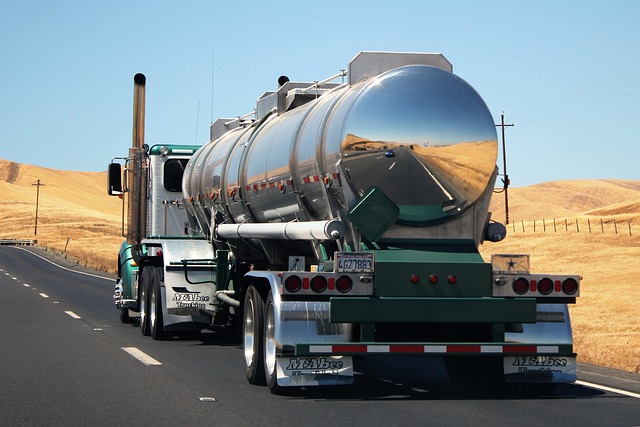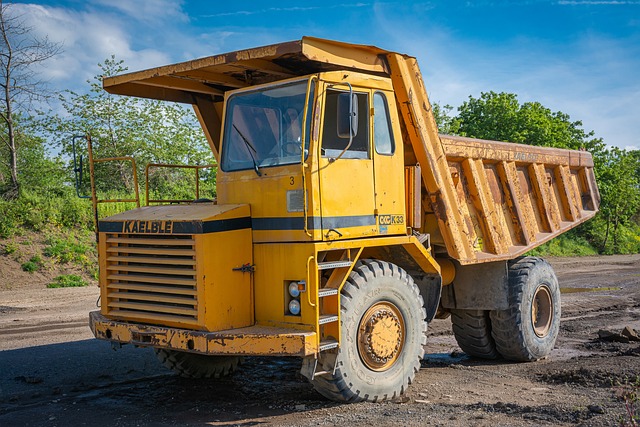Small fleet operators face unique risks like high driver turnover and variable usage. To mitigate these challenges, opt for comprehensive fleet insurance from top-rated trucking insurance providers. Essential coverages include physical damage insurance, cargo protection plans, and small fleet liability coverage. Tailored fleet policies offer multi-truck coverage options, streamlining administration and reducing costs while ensuring the best coverage for specific needs, including specialized vehicles and high-value cargo.
“In the world of small fleet operations, one-size-fits-all policies often fall short. Navigating the complex landscape of transportation requires a tailored approach to risk management and insurance. This article guides small fleet operators in understanding their unique challenges and offers professional advice on customizing policies for optimal protection. From identifying specific risks to exploring top-rated trucking insurance options, we delve into best practices for securing comprehensive fleet coverage, including cargo protection plans and physical damage insurance, ensuring your multi-truck operations have the best coverage they need.”
Understanding Your Small Fleet's Unique Risks and Needs

Small fleet operators face distinct risks and needs that require specialized attention when it comes to insurance. Unlike larger fleets, small businesses often have unique operational challenges, such as higher driver turnover rates, more frequent vehicle usage variations, and diverse cargo types. These factors contribute to increased exposure to risks like accidents, cargo loss or damage, and legal liability.
To adequately protect your small fleet, consider tailored fleet policies that offer the best coverage for your specific needs. Top-rated trucking insurance providers can provide comprehensive fleet insurance, including physical damage insurance to cover vehicle repairs or replacements, as well as cargo protection plans to safeguard your valuable goods from loss or damage during transit. Additionally, ensure you have adequate small fleet liability coverage to protect against potential lawsuits and claims arising from accidents or other incidents involving your vehicles.
Best Practices for Customizing Comprehensive Fleet Insurance

When customizing comprehensive fleet insurance for small fleet operators, it’s crucial to balance cost-effectiveness with robust protection. Top-rated trucking insurance providers understand that small fleets often require tailored fleet policies that go beyond standard coverage. Best practices involve evaluating specific operational needs and risk factors unique to each business. For instance, if your operation involves high-value cargo or specialized vehicles, ensure you have detailed cargo protection plans in place. Physical damage insurance is essential for protecting against accidents and mechanical failures, while liability coverage safeguards against potential legal issues arising from accidents or property damage.
To maximize value, consider multi-truck coverage options that offer flexibility and savings. These policies can help streamline the claims process and potentially reduce administrative burdens. Remember that comprehensive fleet insurance isn’t a one-size-fits-all proposition; it should be carefully crafted to provide the best coverage for small fleet operators, ensuring their businesses are protected against unforeseen events while adhering to budgetary constraints.
Top-Rated Trucking Insurance Options and Their Benefits

Small fleet operators looking for top-rated trucking insurance should consider comprehensive fleet insurance as a cornerstone of their risk management strategy. This type of coverage offers best-in-class protection, encompassing physical damage insurance that shields against vehicle accidents and mechanical failures. It also includes valuable cargo protection plans, ensuring the safe arrival of goods, which is essential for maintaining customer satisfaction and business continuity.
Tailored fleet policies allow operators to access multi-truck coverage options, allowing them to insure multiple vehicles under a single policy, simplifying administrative tasks and potentially reducing costs. This flexibility enables businesses to customize their insurance plans based on specific needs, including liability coverage that protects against legal claims arising from accidents or damage to third-party property. Such strategic customization ensures small fleet operators secure the most suitable level of protection without overspending on unnecessary features.
Protecting Your Cargo and Vehicles: Essential Coverage Plans

Small fleet operators face unique challenges when it comes to protecting their valuable cargo and vehicles. To ensure maximum peace of mind, investing in comprehensive fleet insurance is paramount. The best coverage plans offer a blend of essential protections, including physical damage insurance that shields against accidents and natural disasters. Additionally, top-rated trucking insurance should include liability coverage for damages incurred during transit, safeguarding your business from potential legal repercussions.
Customizable cargo protection plans are another crucial element. These tailored fleet policies enable operators to safeguard their goods against theft, vandalism, or weather-related damage. With multi-truck coverage options, small businesses can insulate themselves against financial loss, ensuring that each vehicle and its contents are adequately protected. By prioritizing these essential coverage plans, small fleet operators can mitigate risks, maintain operational efficiency, and focus on growing their business.
When it comes to insuring your small fleet, a one-size-fits-all approach won’t cut it. By understanding the unique risks and needs of your operation, you can tailor comprehensive fleet insurance that provides the best coverage for your vehicles and cargo. Explore top-rated trucking insurance options offering multi-truck coverage and specialized plans for physical damage and liability. With the right combination of protections in place, small fleet operators can confidently navigate the road ahead, secure in the knowledge they’re shielded from unexpected events.
